The Philippines-headquartered renewables and energy storage developer Acen Australia has met independent standards designed to make circular management of its million-strong solar panel Stubbo Solar Project commercially viable.
Located in the central west region of New South Wales (NSW), 293 kilometres northwest of Sydney, the 400 MW Stubbo Solar Project will reach full commercial operation in November 2025, and is the first large-scale project to earn certification from Circular PV Alliance (CPVA).
The world’s first assurance framework developed specifically for solar circularity, the CPVA Certified framework assesses projects across planning, procurement, operations and decommissioning, to verify that solar modules and other project components have credible reuse or recycling pathways.
It also reviews supply-chain transparency, waste-minimisation plans and repair programs during operation.
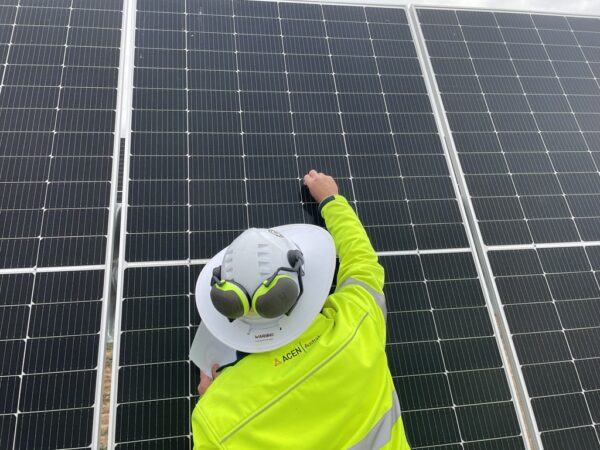
Image: ACEN Australia
Design for longevity, resilience and renewal
Acen received an ‘Exceeds’ rating for its circular-economy practices that are above baseline requirements and recognises the project’s whole-of-lifecycle approach to managing materials as valuable resources rather than waste.
Acen Australia Managing Director David Pollington said circularity challenges developers to design for longevity, resilience and renewal.
“Stubbo shows what’s possible when those principles are built in from the start and the hope is that what ACEN’s achieved encourages other developers across the industry to take the same step,” Pollington said.
CPVA Co-founder and Chief Executive Officer Megan Jones said that the rapid growth of the solar energy industry needs to factor in circular decommissioning practices now to ensure the industry remains environmentally sustainable into the future.
“The technology to recycle and reuse solar panels already exists — what’s needed now is the market infrastructure and incentives like CPVA Certified to make it commercially scalable,” Jones said.
“By embedding circularity into a project of this size, ACEN Australia is helping build the demand signals and supply chains that make large-scale recovery viable.”
The CPVA Certified framework was incubated through the Taronga HATCH Accelerator Program in 2024 and launched later that year in response to growing focus on end-of-life management for Australia’s expanding solar fleet.
This content is protected by copyright and may not be reused. If you want to cooperate with us and would like to reuse some of our content, please contact: editors@pv-magazine.com.
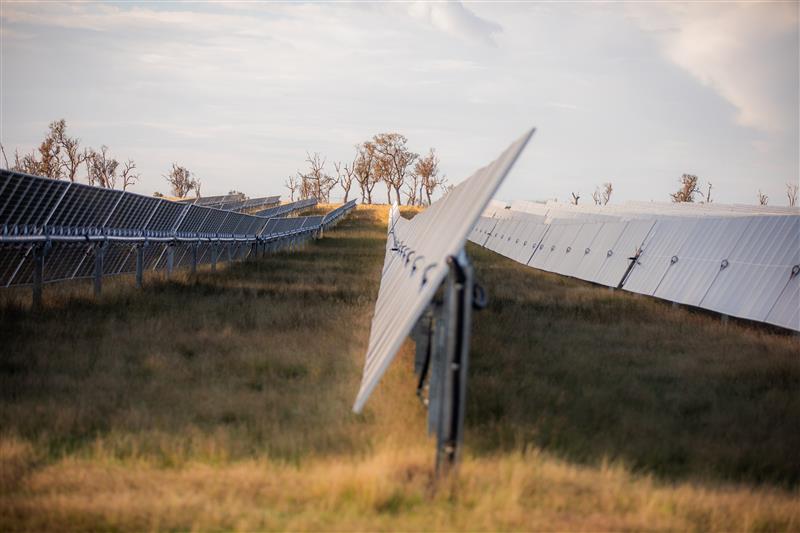
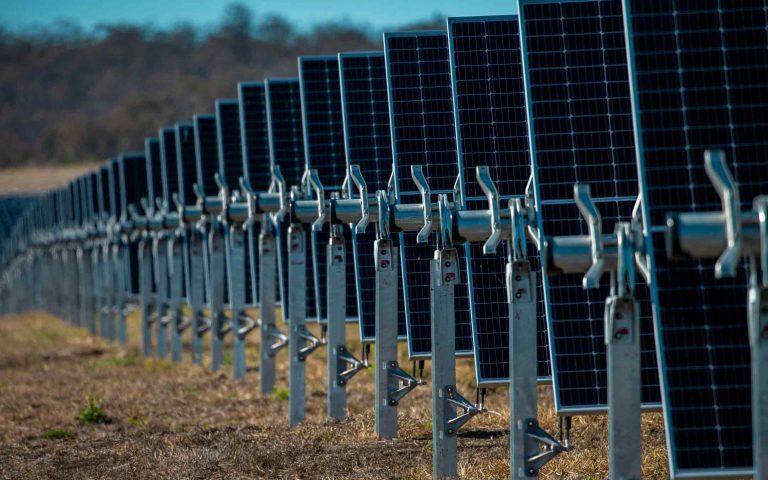





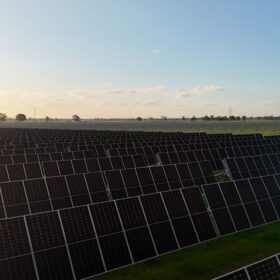
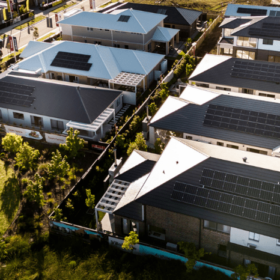
1 comment
By submitting this form you agree to pv magazine using your data for the purposes of publishing your comment.
Your personal data will only be disclosed or otherwise transmitted to third parties for the purposes of spam filtering or if this is necessary for technical maintenance of the website. Any other transfer to third parties will not take place unless this is justified on the basis of applicable data protection regulations or if pv magazine is legally obliged to do so.
You may revoke this consent at any time with effect for the future, in which case your personal data will be deleted immediately. Otherwise, your data will be deleted if pv magazine has processed your request or the purpose of data storage is fulfilled.
Further information on data privacy can be found in our Data Protection Policy.